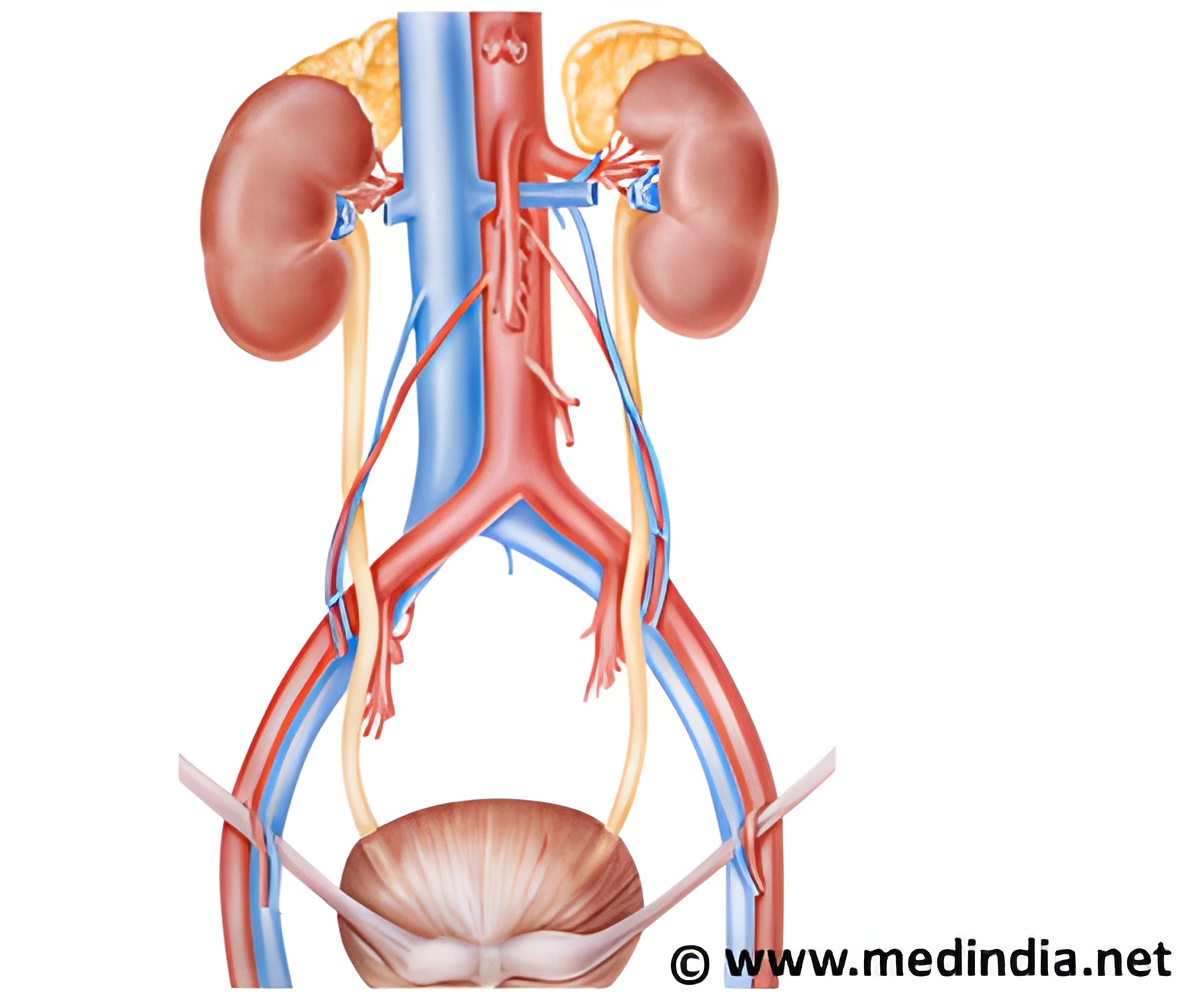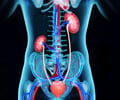Following a key discovery about the role of white blood cells in kidney inflammation, better targeted treatments for 20 per cent of renal failure patients.

Leukocytes play important protective roles in the body's immune system, but in some cases they cause damaging inflammation. Glomerulonephritis is an inflammatory disease of the kidney that can lead to the need for transplantation or regular dialysis. More than 20 per cent of end-stage renal failure cases result from glomerulonephritis.
Lead researcher, Associate Professor Michael Hickey of the University's Centre for Inflammatory Diseases in the Department of Medicine said the team used advanced microscopy techniques to visualise the movements of leukocytes through the kidney.
"In order to manipulate a system, you must understand it. Now, we have a really clear understanding of the disease process and the molecules involved in the key steps," Associate Professor Hickey said.
"Contrary to conventional medical and scientific opinion, we found that leukocytes are constantly circulating through and patrolling the blood vessels within healthy kidneys. It was previously believed that they only arrived in the kidney during the development of disease. That's not the case. However, during disease they linger in the kidney during the course of their normal journey, become agitated and cause inflammation and kidney damage."
End-stage renal failure leads to significant health and personal impacts, including ongoing visits to a dialysis unit several times a week, or a significant wait for a donor.
Advertisement
"The treatments we have can be fairly effective, but they are non-specific and they often have unacceptable side effects," Professor Kitching said.
Advertisement
"Now we have a better understanding of how the disease develops, we can identify targets for more specific drugs, with fewer side-effects."
The Australia and New Zealand Dialysis and Transplant Registry reported that 19,000 Australians had end-stage kidney failure at the end of 2010.
Source-Eurekalert














